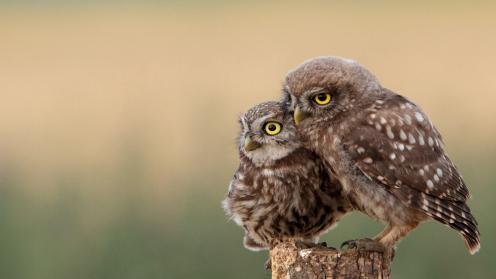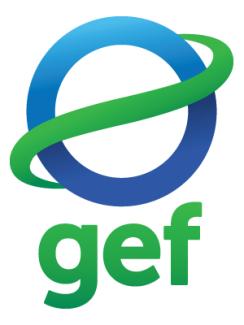Summary
Speakers addressed that there is currently only one ranger per 72 sq km of terrestrial protected areas worldwide, underscoring that it is not enough to achieve effective conservation.
The Vital Role of Rangers in Achieving Global Biodiversity and Development Outcomes
A side event held during the 2022 UN Biodiversity Conference discussed what is needed to support and reform the ranger workforce to meet the post-2020 global biodiversity framework targets effectively and inclusively. Claude Gascon, Global Environment Facility (GEF) Secretariat, welcomed participants to the 10 December event, titled “The vital role of rangers in achieving global biodiversity and development outcomes,” which took place in the GEF Pavilion. Speakers highlighted that there is currently only one ranger per 72 sq km of terrestrial protected areas worldwide, underscoring that it is not enough to achieve effective conservation.
Rohit Singh, Universal Ranger Support Alliance (URSA), highlighted URSA initiatives to develop research, such as: assessments of gender issues among ranger associations; and policy support for maintaining employment and welfare standards. Chris Galliers, President, International Ranger Federation (IRF), introduced the work of IRF in advocating for the professionalization of rangers.
Lisa Farroway, Global Wildlife Program, World Bank, moderated a panel discussion highlighting the value of engaging women and Indigeous Peoples with: Giovanni Soliman Bete Reyes, President, ICCA Consortium Philippines; Edson Gandiwa, Zimbabwe Parks and Wildlife Management Authority; and Johannes Haas, Federal Ministry for Economic Cooperation and Development (BMZ), Germany. Giovanni Soliman Bete Reyes explained that within these communities nature is often considered an actual stakeholder to be listened to, noting how recent GEF programming has helped to make the contribution of Indigenous Peoples more visible.

